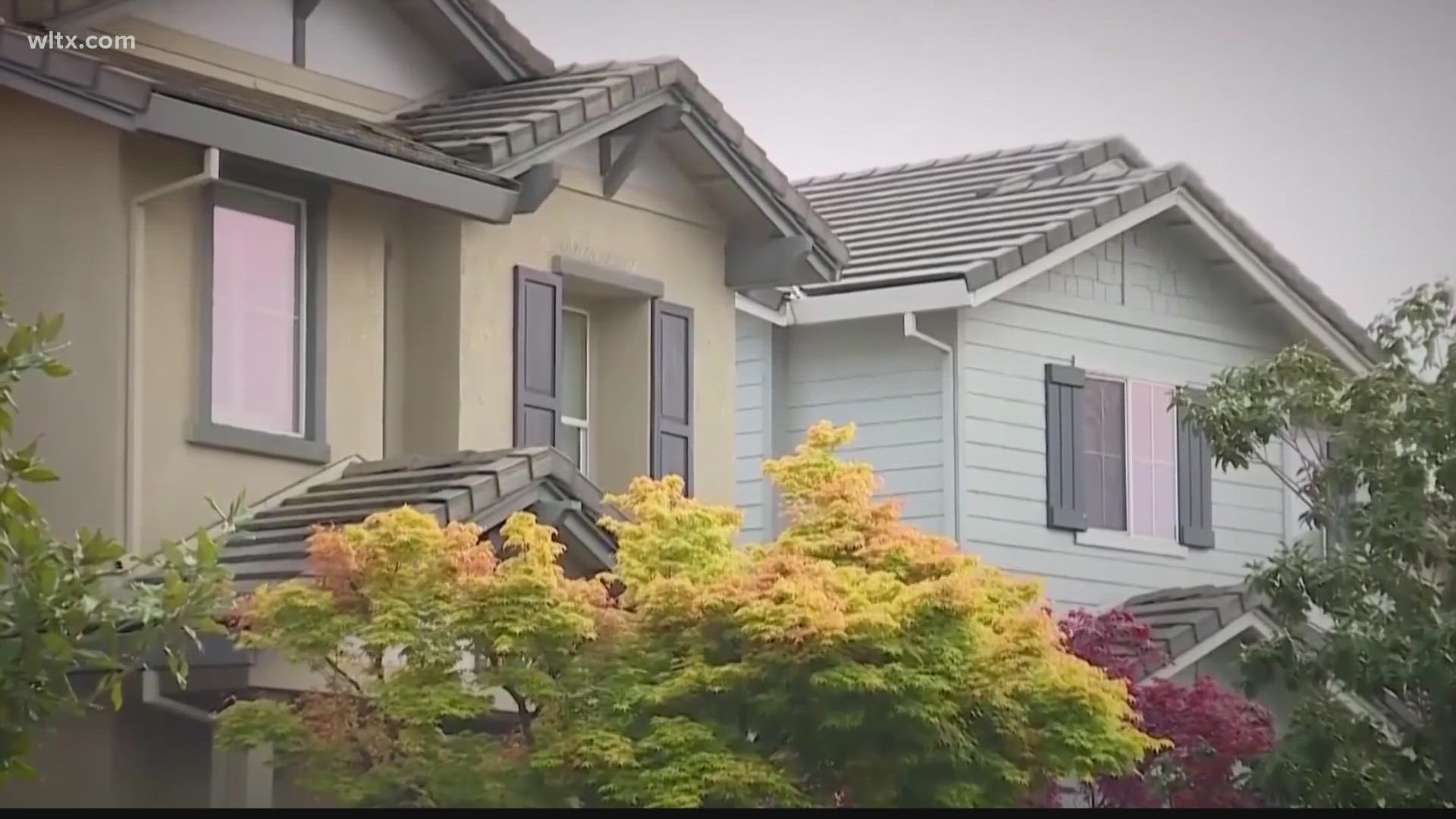COLUMBIA, S.C. — Local governments in South Carolina could lose state funding for banning short-term rentals under proposed legislation in the State House.
Short-term rentals make a $4.2 billion economic impact in the state, according to the South Carolina Association of Realtors.
Since 2018, the demand for short-term rentals in South Carolina has expanded at an annual rate of 17 percent, according to University of South Carolina economist Joey Von Nessen.
Rep. Lee Hewitt from Murrell's Inlet is the lead sponsor of the bill.
“One percent of the properties are probably causing 95% of the issues that's causing cities and counties to act this way," said Hewitt.
About 20 cities have regulated short-term rentals, according to the Municipal Association of South Carolina. A handful of others are considering regulations, including Columbia and Richland county.
“This is another intrusion on Home Rule. The cities are responsible for providing residential homes and residentially zoned properties with a peaceful enjoyment of their property," said City Council Member Howard Duvall, who has spearheaded the discussion.
Airbnb owners like Reah Smith, who rents out her home on Lake Keowee, support the legislation.
“The ability to short term rent is a private property right. Number two it's time to create a statewide framework of how these owners should operate within that right," said Smith.
She said the vast majority of her guests don’t disturb neighbors.
"Usually folks that are coming in to stay in a short term rental are just looking for an alternative to staying in a hotel," said Smith.
“They can still ban the rentals if they want to,” said Hewitt.
Local governments that violate the rules would lost out on state funding and would be unable to tax rentals at the higher commercial rate of 6 percent. Money that Rep. Russell Ott said is used for vital services like trash pick-up and public safety.
“When you take away that funding, or that tax assessment then it's going to impact services in that community," said Ott.
The bill defines a short-term rental as a “residential dwelling that is offered for rent for a fee and for fewer than twenty-nine consecutive days.”
“We can create a market where we have responsible homeowners, responsible short-term rentals,” said Rep. Todd Rutherford. “We can do that without banning short-term rentals across the board."
The house bill has not yet reached committee. A similar proposal failed to pass last year.
The Municipal Association said no cities or towns in the state have outright banned short-term rentals.

